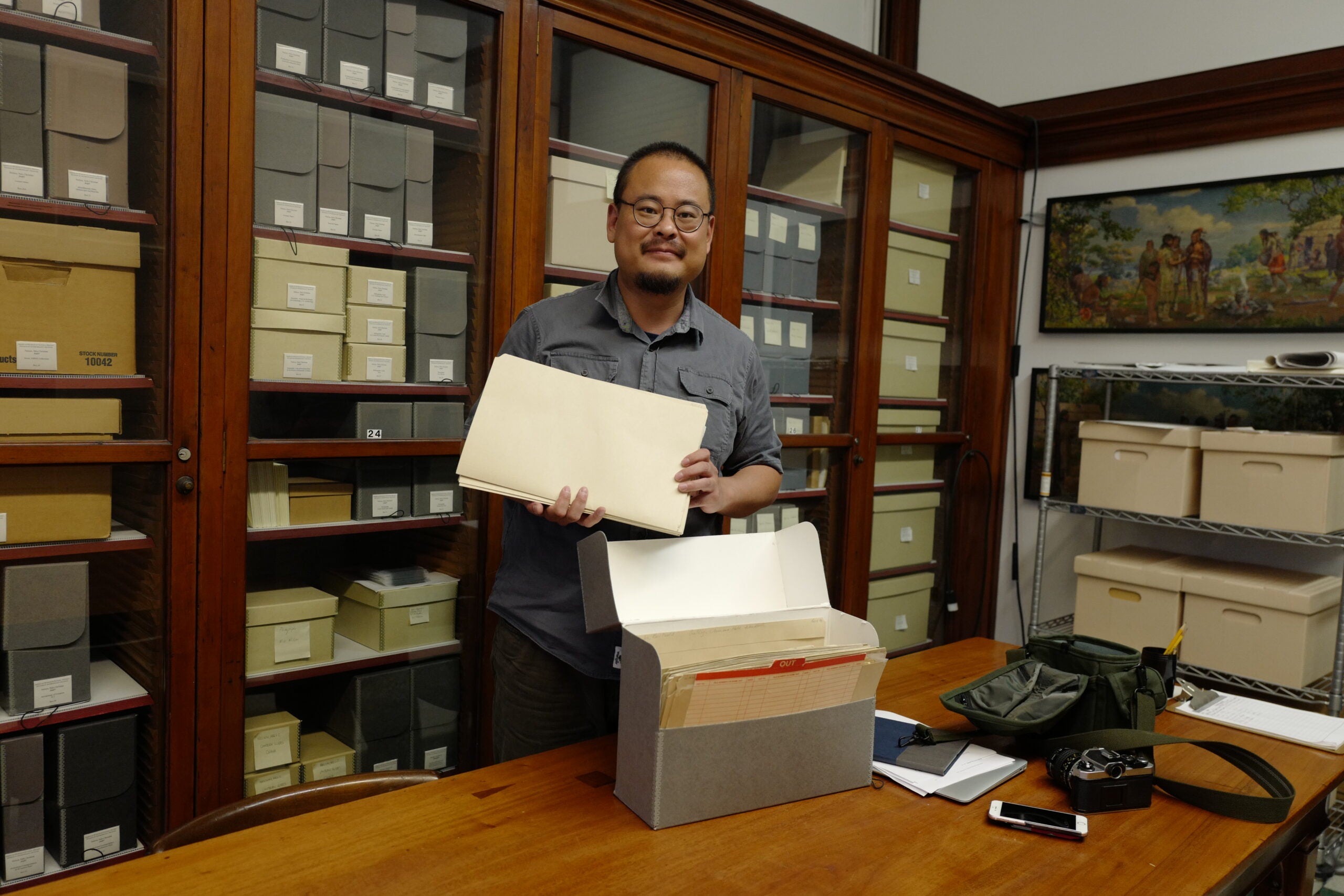In this Nazir Ali Jairazbhoy Colloquium presentation, ethnomusicologist and archivist Xiaoshi Wei will outline his decade-long on-site archival work on private sound collections in Xinjiang Uygur Autonomous Region (XUAR). The content of these collections, mainly retrieved from private cassettes, contains the music of Uyghurs, Kazakhs, and Uzbeks, primarily in the widely known musical frameworks of muqam, küy, and ashulla. By looking at the work of in-field digitisation, content identification, and annotation, he will reflect on archival skills and the challenges of working in the region, as well as the way cultural insiders interpret the various meanings within such collection via stratified discourses. The presentation will begin with two questions: what defines a private sound collection in Xinjiang, and how are the various hidden meanings of these collections situated in the regional context of the area? The speaker will then show that these private collections and the archival act signify sometimes parallel and sometimes conflicting social memories around the migratory history and national identities of the three Turkic-speaking groups.
Bio
Xiaoshi Wei holds a PhD degree in ethnomusicology from Indiana University, and is currently a research associate at SOAS, University of London. His research focuses on historical recordings, sound archives, and legacy collections in China and the Turkic-speaking world. He also directs the China Database for Traditional Music in Beijing, and conducts various archival projects with sound archives in Turkey and the U.S. In 2024, as an Asian Cultural Council fellow, Xiaoshi is working on his latest project, “Across the Bering Strait: Archival and Field Research into the Historical Sound Recordings from the Jesup North Pacific Expedition”.
